Hemp and CBD Lab Testing
We provide comprehensive CBD testing and hemp testing for potency, homogeneity, heavy metals, microbial contamination, mycotoxins, residual solvents, terpenes, and pesticides. Transparency of our methods and our exceptional customer support enable us to offer comprehensive solutions that meet all of your hemp testing and CBD lab testing needs, including those for HHC and Delta-8 THC (D8).
ISO 17025 | DEA Registered
With 5,000 square feet of Shimadzu Scientific and Agilent instruments and software, Labstat’s DEA-registered, ISO 17025-accredited laboratory delivers high-quality results with a competitive turnaround time. Our technical experts provide a Certificate of Analysis (CoA) to explain your test results.
We provide comprehensive hemp testing for potency, homogeneity, heavy metals, microbial contamination, mycotoxins, residual solvents, terpenes, and pesticides. Transparency of our methods and our exceptional customer support enable us to offer comprehensive solutions that meet all of your hemp testing needs, including those for HHC and Delta-8 THC (D8) and other cannabinoids.
At Labstat, our expertise and scientific solutions will meet all of your testing needs
Labstat Earns Multiple Emerald Badges for Cannabis Testing Proficiency
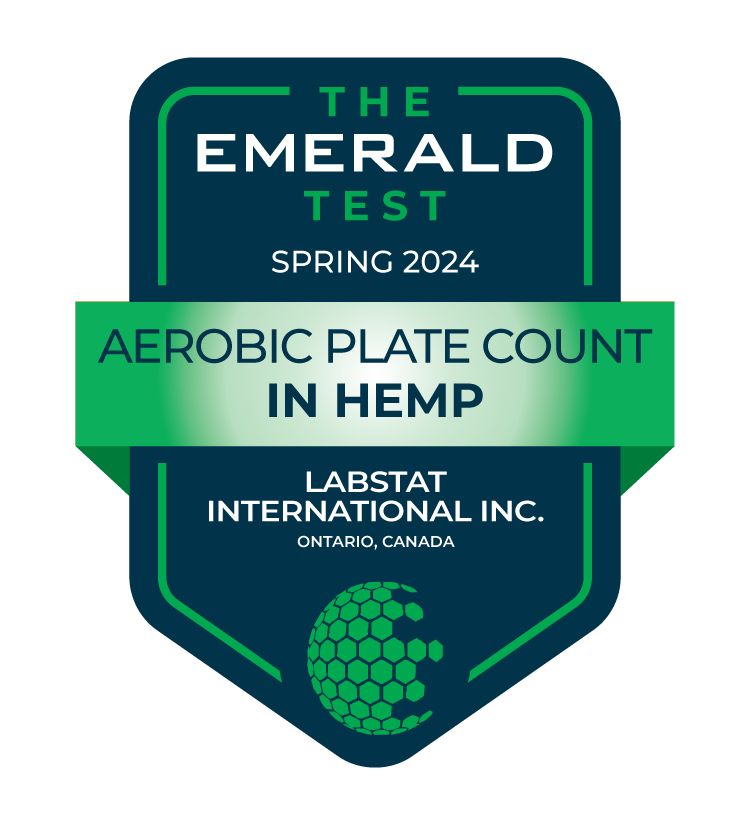
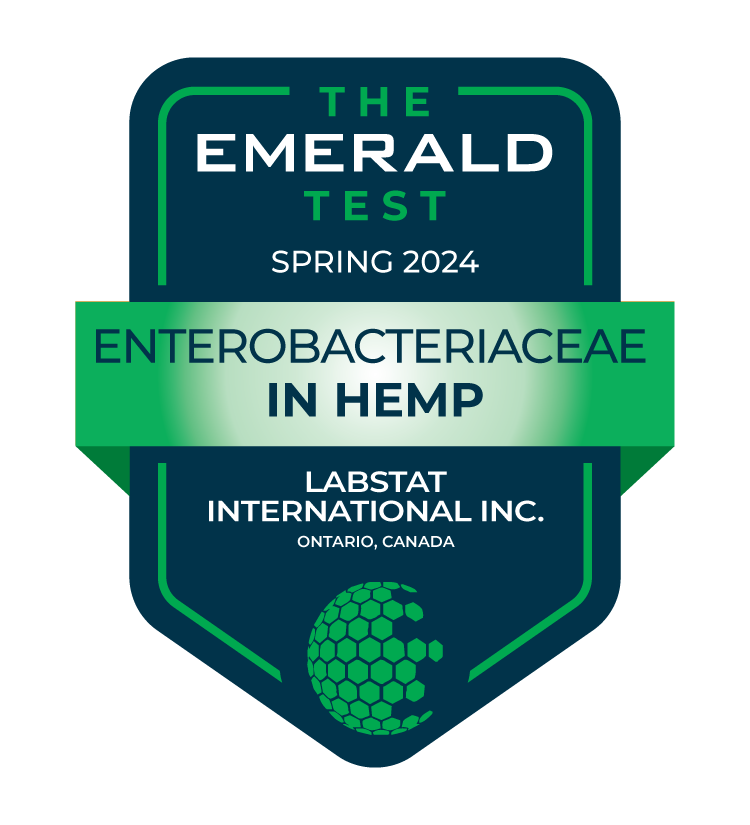
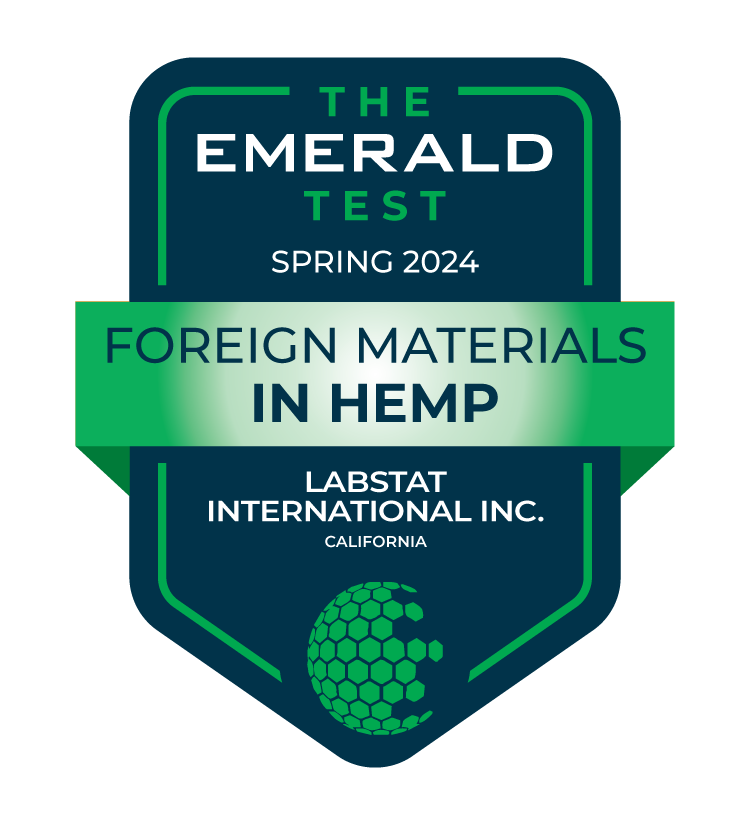
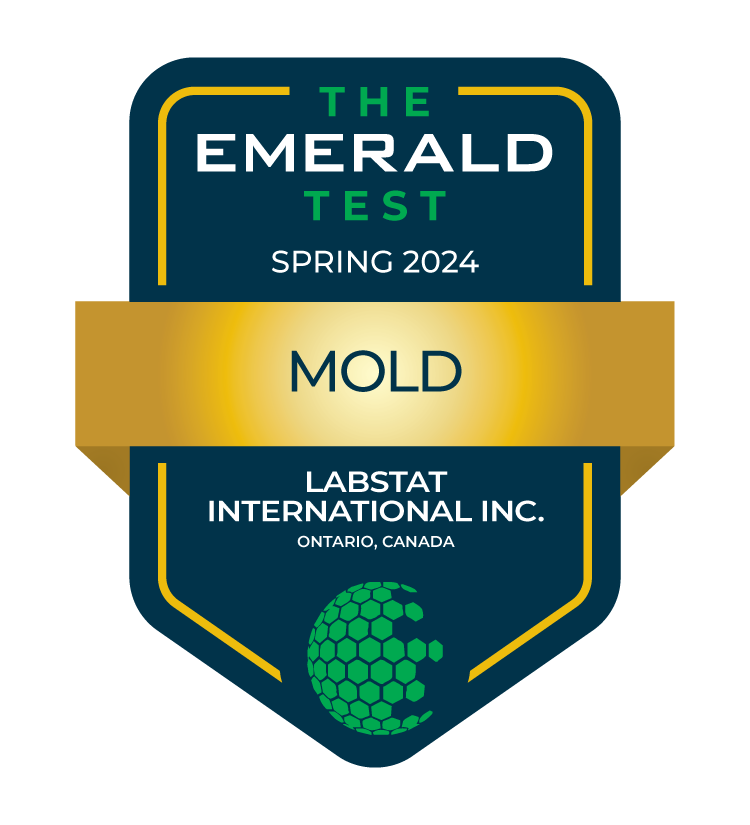
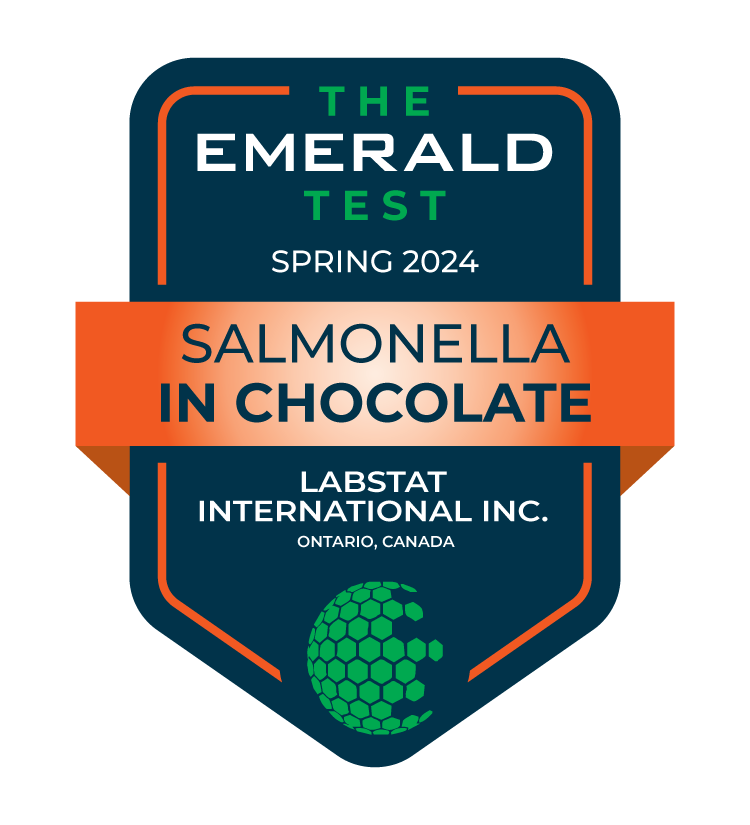
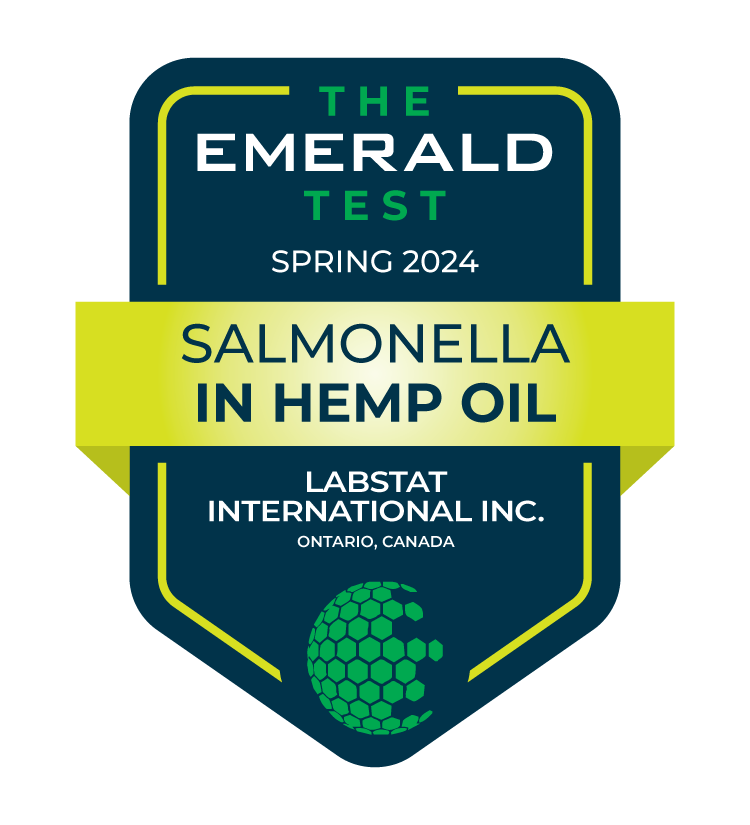
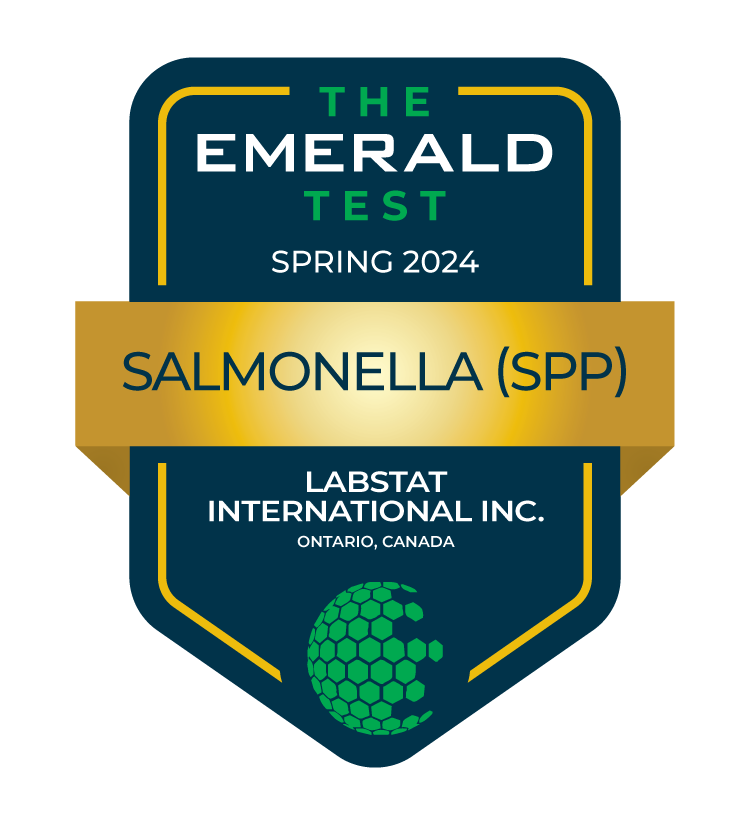
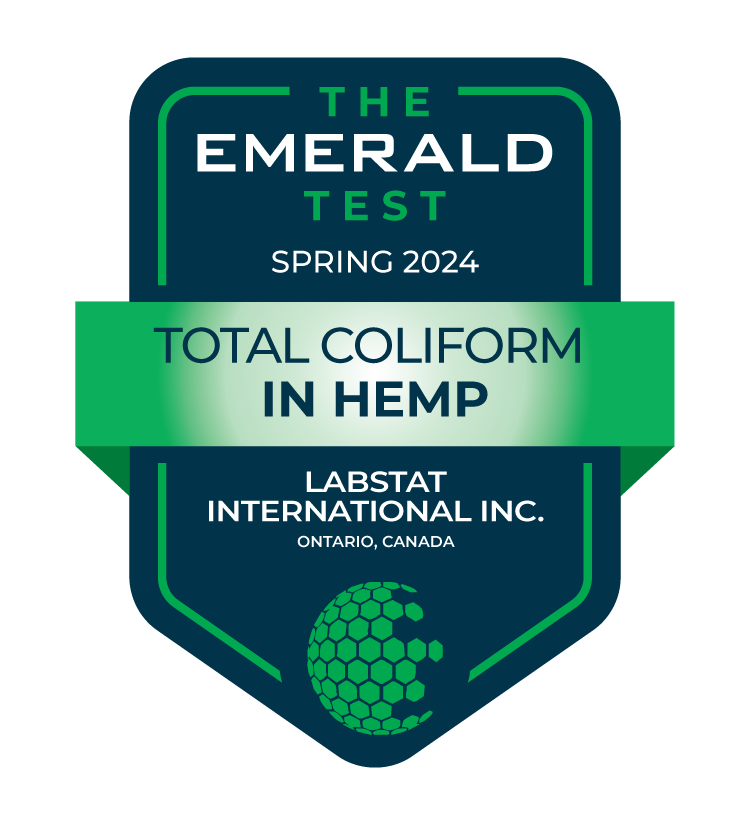
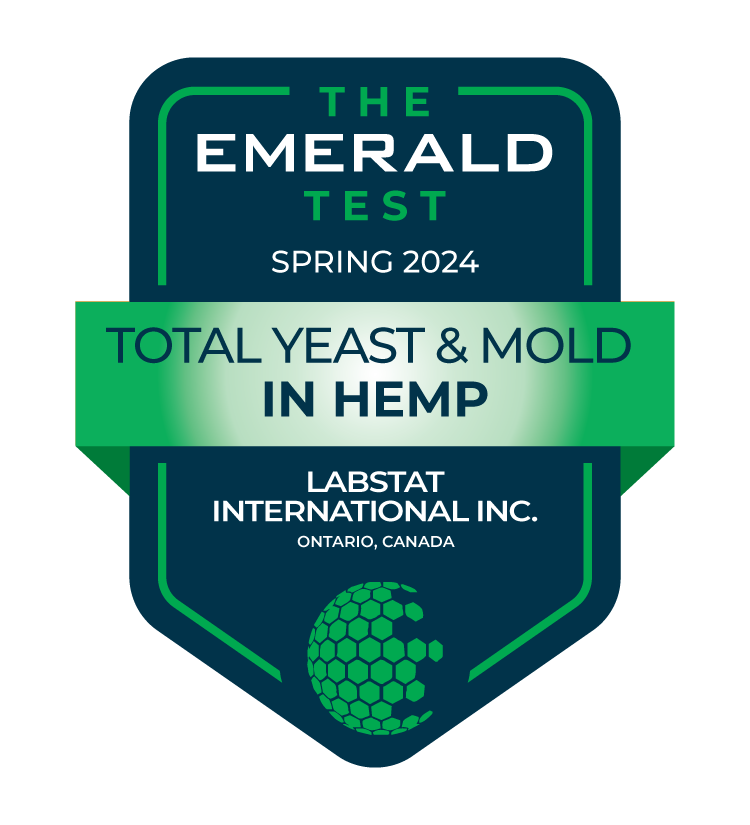
Hemp and CBD Lab Testing Services Available:
With scientific standards and protocols that meet or exceed state and federal requirements, our highly experienced team is able to meet your specific needs and adapt to market demands. We look forward to supporting your business with the following testing capabilities and services:

Contact Us Today
Our expertise and scientific solutions will meet all of your testing needs.
